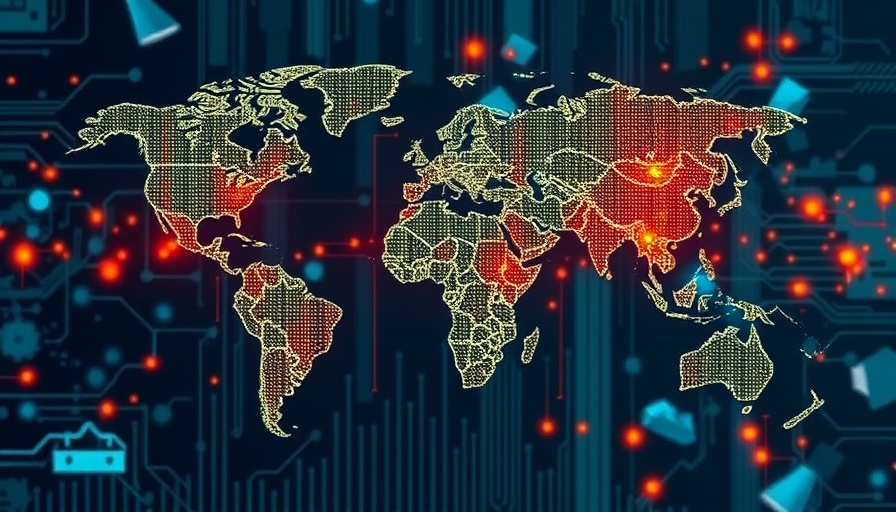
How AI is Shaping the Future of Work
The future of work is often depicted through a lens of uncertainty, where artificial intelligence (AI) looms as a potential job thief. However, a recently released study by the International Labour Organisation (ILO) and Poland’s National Research Institute (NASK) offers a refreshing perspective, suggesting that rather than outright replacing jobs, generative AI (GenAI) will likely transform nearly one in four occupations globally.
Understanding the Transformation of Jobs
This insightful report, titled “Generative AI and Jobs: A Refined Global Index of Occupational Exposure”, was built upon an expansive review of nearly 30,000 occupational tasks and demonstrates that the conversation around GenAI impact needs to shift from fear of displacement to recognition of transformation. Emphasizing the idea of task evolution rather than job loss, the report illustrates that job transformation might present opportunities for adaptation rather than an existential threat to employment.
Insights into Job Exposure and Gender Disparity
According to the study, around 25% of global jobs are within occupations that could be transformed by GenAI, with an alarming 34% of this exposure seen in high-income countries. Notably, it appears that women are disproportionately at risk, experiencing a greater percentage of automation exposure in specific roles. For example, in high-income nations, nearly 9.6% of jobs held by women might be at risk of automation, compared to 3.5% for men.
The Role of Policymakers in Error-Proofing Employment
One of the pivotal outcomes of the ILO and NASK report is the call for proactive policymaking that prioritizes inclusivity and social dialogue between governments, employers, and trade unions. It's emphasized that the future of work under GenAI needs to be shaped through collaborative policy-making that considers the myriad barriers to GenAI adoption, including workforce skill gaps and regional disparities in infrastructure.
Looking Ahead: The Long-Term Implications of AI
While it’s essential to discuss the transformative effects of AI, it is equally vital to understand that complete automation is unlikely for many roles. Some jobs will always require human judgment or oversee AI-enhanced tasks, underscoring a need for individuals and industries to adapt. This adaptation will necessitate continuous learning and training to manage an evolving workforce landscape.
Empower Yourself with Knowledge
As we navigate this complex transition driven by generative AI, it becomes crucial for individuals to stay informed and adaptable. Engaging with initiatives that promote education, upskilling, and awareness around the implications of AI in workplaces can position workers to not only survive but thrive amidst these shifts. Understanding the tools available for navigating this transformation, such as those helping to bypass AI detection, is essential in this dialogue.
In conclusion, while fear surrounding AI’s impact on jobs is prevalent, reports such as ILO’s illuminate a path forward where transformation, rather than outright replacement, will be the defining characteristic of our labor market. It urges stakeholders to engage in proactive measures that foster an adaptive workforce prepared for future challenges.
 Add Row
Add Row  Add
Add 




 Add Row
Add Row  Add
Add 

Write A Comment